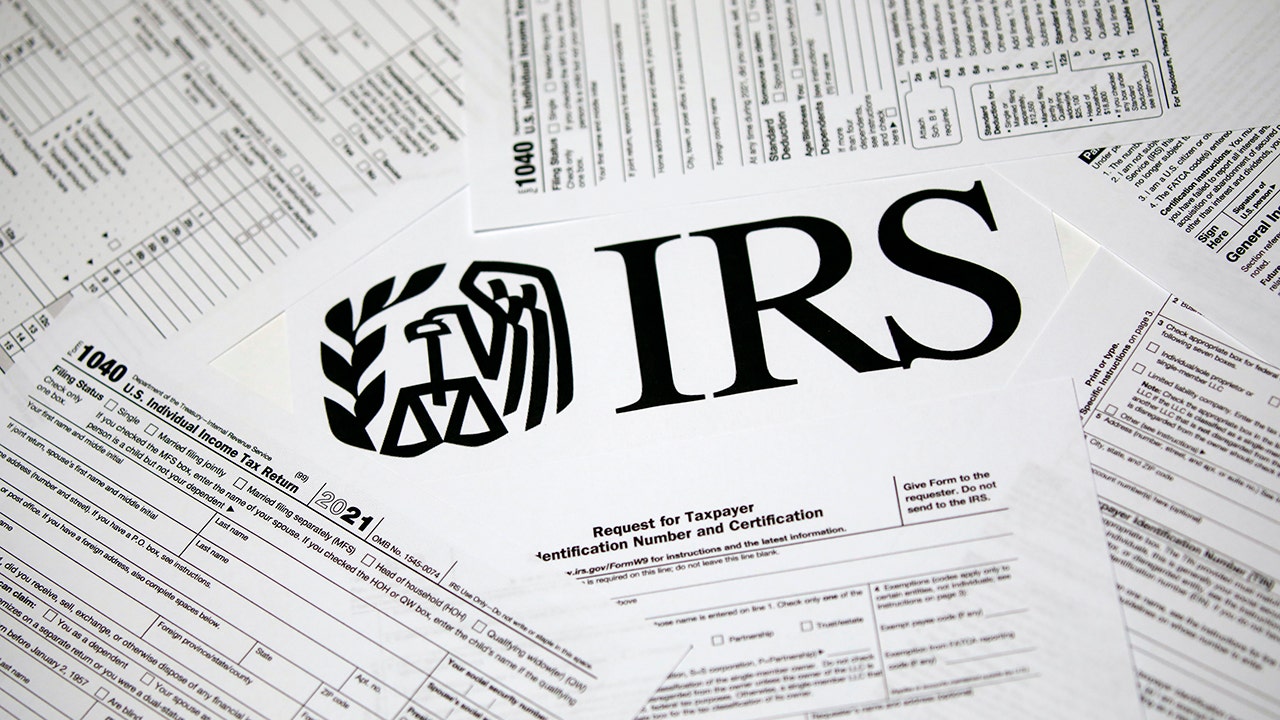IRS cutting its workforce by 25%, eliminating agency’s civil rights office

The Internal Revenue Service (IRS) is set to undergo a significant reduction in its workforce, with layoffs impacting at least 25% of employees starting this Friday. This move is part of the ongoing efforts by the Trump administration to shrink the size of the federal government.
In a letter to employees, the IRS announced that it will be eliminating its Office of Civil Rights and Compliance, which is responsible for safeguarding taxpayers from discrimination, audits, and investigations. The remaining employees in this division will be reassigned to other departments within the agency.
White House spokesperson Liz Huston emphasized that President Trump’s focus is on saving tax dollars, eliminating inefficiencies, and increasing the agency’s overall efficiency. This decision is in stark contrast to the previous administration’s plan to hire thousands of additional IRS agents.
The agency stated that these layoffs are in line with the Workforce Optimization Initiative outlined in a recent Executive Order by President Trump. The Treasury Department is also exploring options to streamline the agency’s operations, leveraging process improvements and technological innovations to enhance revenue collection and taxpayer service.
The IRS has been approved to offer Voluntary Early Retirement Authority (VERA) and Voluntary Separation Incentive Payment (VSIP) programs to eligible employees. These programs aim to facilitate the transition for those affected by the layoffs.
The reductions in workforce come after the agency previously announced its intention to cut nearly 7,000 probationary workers in Washington, D.C. IRS data indicates that it currently employs roughly 90,000 individuals across the United States.
While these layoffs may be challenging for those impacted, the IRS is striving to enhance efficiency and quality of service for taxpayers. The agency is committed to delivering on its mission while ensuring that taxpayer collections, privacy, and customer service are maintained at the highest standard.
In conclusion, the IRS’s workforce reduction is a strategic move aimed at aligning the agency with the administration’s priorities and maximizing operational efficiency. The agency is undergoing a transformation to better serve taxpayers and adapt to the changing landscape of government operations.




